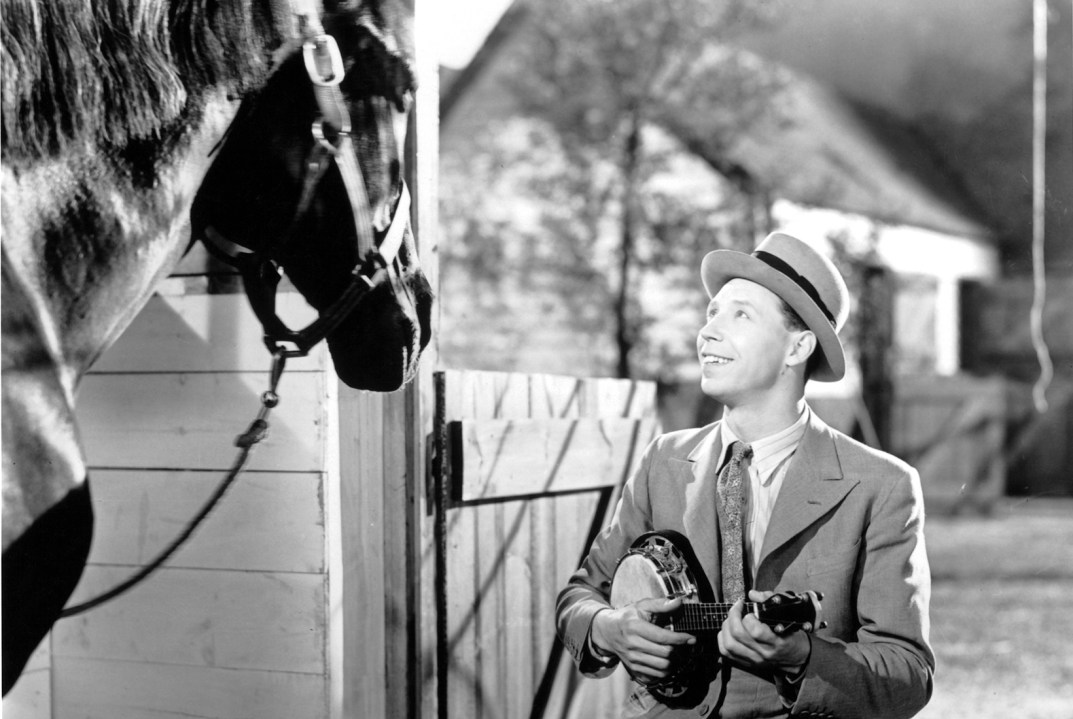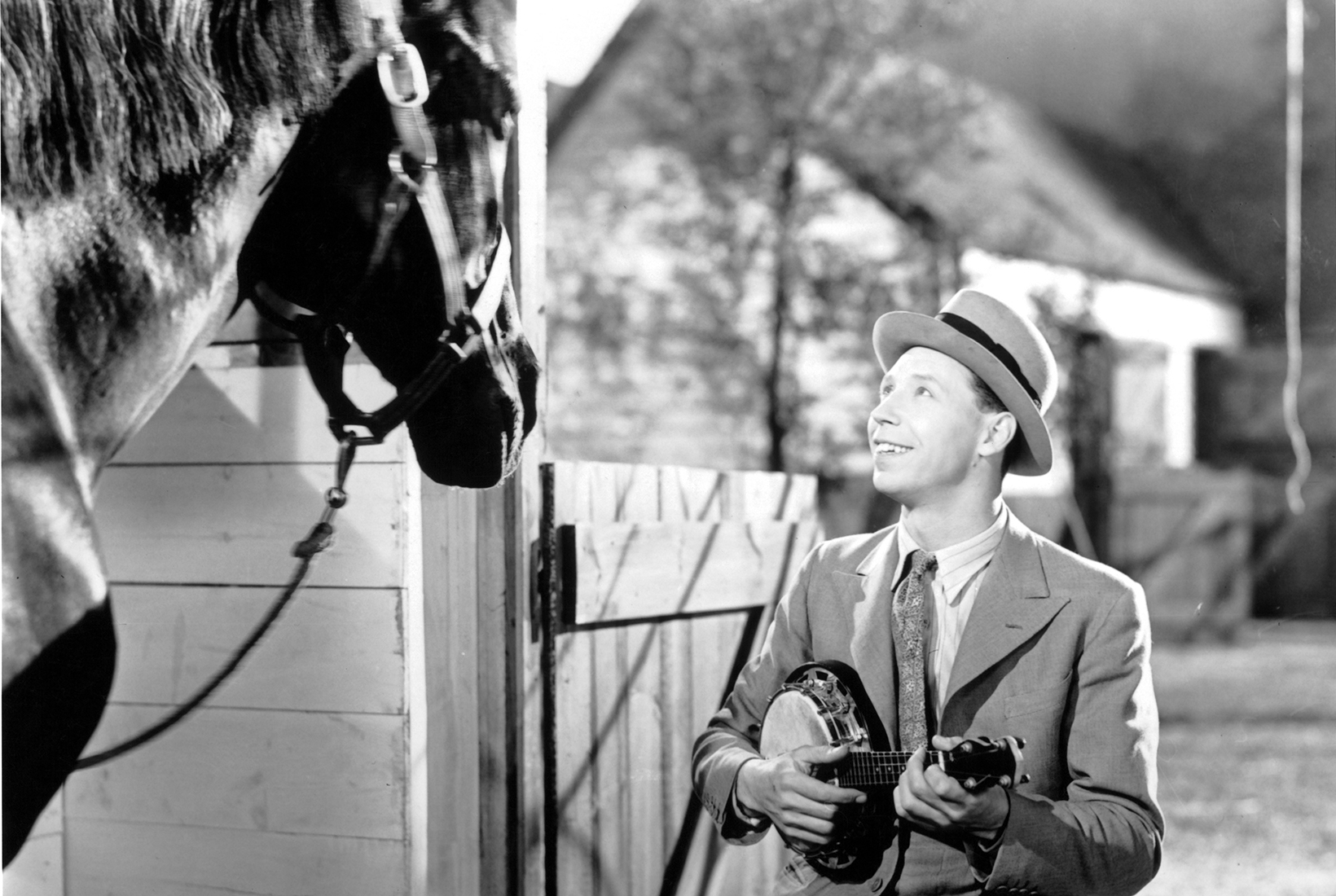Cinema history is a strange thing. A couple of months ago the Guardian began a series in which film critics write about ‘the classic film I’ve never seen’, some admitting to have unaccountably avoided exposure to genuine masterpieces such as Metropolis (1927) or À Bout de Souffle (1960). Others have revealed they have yet to sample undemanding box-office hits such as Top Gun (1986) or Titanic (1997). If the latter are classics, then so is On the Buses, the biggest selling British film of 1971.
The showing of motion pictures to paying customers began in the 1890s, and crowds flocked to see brief footage of someone treading on a hosepipe. Yet by Edwardian times, picture houses were already being criticised as an immoral influence, and the battle lines were drawn between the champions of supposedly respectable high culture and the upstart popular medium
of cinema.
Adrian Wright’s excellent book is devoted to an area of British film history that has sometimes been loftily dismissed or simply fallen through the cracks, examining in chronological order 320 musical films from the earliest British talkies to the end of the war. This was a time when a ring of studios in and around London — including Elstree, Nettlefold, Cricklewood, Islington, Twickenham, Shepherd’s Bush, Beaconsfield, Isleworth, Wembley Park, Denham and Pinewood — turned out a mass of pictures largely aimed at the home market. They starred the likes of Jessie Matthews, George Formby and Gracie Fields — the latter who, even when signed by Hollywood in 1938, uncompromisingly shot We’re Going to be Rich in England and performed a song in it called ‘Ee, By Gum’. How that went down in Kansas is anyone’s guess. As Wright says in his introduction:
The lack of attention paid to these films in the mountain of literature about cinema, much of it too academic for digestible words, suggests that they are, perhaps with a handful of exceptions, unworthy of remembrance or reconsideration, and cannot be accepted as art of the meanest kind.









Comments
Join the debate for just £1 a month
Be part of the conversation with other Spectator readers by getting your first three months for £3.
UNLOCK ACCESS Just £1 a monthAlready a subscriber? Log in